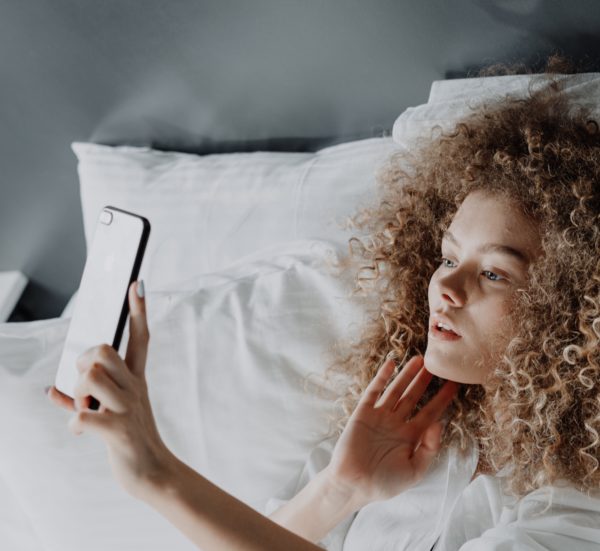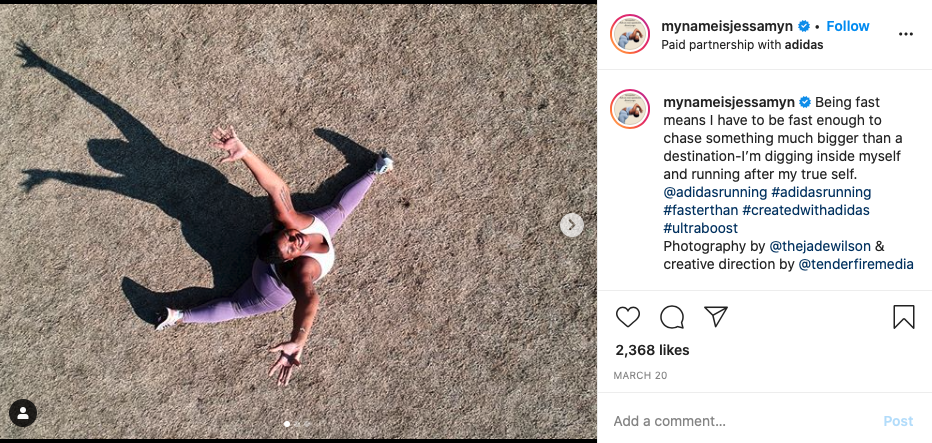There is no denying the influence social media has on a pe mrson’s decision-making process when it comes to undergoing cosmetic surgery. Social platforms that are especially visual—such as YouTube and Instagram—are helpful tools in researching information on a procedure and, more to the point, viewing imagery based on before-and-after results.
People are now using new “filter” features on their social media accounts to augment their appearance and help them make practical decisions in relation to potential cosmetic procedures: “55 percent of cosmetic surgeons have reported that patients have brought in photos of themselves, filtered to have larger eyes or flatter noses thanks to dreamy automatic filters on Snapchat or Instagram, and asked surgeons to make them resemble their filtered selves.” (Ref: “Study Says Tinder, Snapchat Users Are More OK with Cosmetic Surgery”)
For cosmetic surgeons and their practices today, being active on social media and posting the right content on the right platforms is key to supplementing a practice website and online presence to boost consultations and inquiries. The larger challenge is getting messaging correct in your marketing strategy and ensuring your practice’s social media reflect values of authenticity and acceptance of all potential patients.
With Instagram’s controversial introduction of cosmetic surgery “filters,” users are able to augment their faces to look as if they had various injectable procedures done. Another app, FaceTune, allows users to tweak and alter facial features to an even more granular degree to enhance their appearance. Whether for good or bad, these new features seemed to have nudged a new social media demographic into considering cosmetic procedures. A June article published in the JAMA Facial Plastic Surgery concluded that “the use of certain social media and photo editing applications may be associated with increased acceptance of cosmetic surgery.”

While they were active, these filters drew criticism for warping the way people view themselves and having an adverse effect on self-esteem. Some people argued that the filters blurred the line between the reality of plastic surgery and an unachievable fabricated image of your face. Instagram soon banned the filters in question, with a spokesperson for the company saying they wanted their filters to be a positive experience for people and to promote wellbeing. Plastic surgery marketing can distance a practice from the negative association of these filters and users’ self-esteem if practices can delicately embrace and incorporate the main message of the body positivity movement into their marketing strategy.
The body positivity movement is gaining momentum, with its central ethos being that everyone should have a positive image of themselves and accept themselves for how they look. Check out two well-known influencers on Instagram: mynameisjessamyn and megan_rose_lane. A plus-size blogger who wants to bring yoga to women of all sizes and a mother who documents her struggles with post-childbirth body confidence, respectively, are both hugely popular, with hundreds of thousands of followers.

Cosmetic surgery and body positivity do not have to be binary or contradictory subjects. With acceptance and open-mindedness being one of body positivity’s pillars, cosmetic surgery can have a place within the movement by projecting models with diverse features and body shapes on their online platforms and by showcasing the real, authentic patients they treat and their results. This strategy could also have a positive impact on consultation requests coming into the practice, as potential patients recognize the practice’s experience with diversity.
There is a huge visual link between social media and the cosmetic industry, and practices should continue to invest in promoting themselves and their work on these platforms. However, practices might also rethink and re-evaluate their marketing message/image to be more accepting and welcoming of all body types and aesthetic goals.
While social media may have a long way to go in becoming a venue for acceptance and a platform for authentic, diverse individuals, it is slowly making the shift to a platform where a range of physiques and features are becoming increasingly acknowledged.
Moving away from portraying homogenous ideals of beauty and toward showcasing real patients and diverse models projects an accepting environment and establishment that promotes a positive body image. If done correctly and with the right intentions, there can be a place in the body positivity movement for cosmetic practices.



